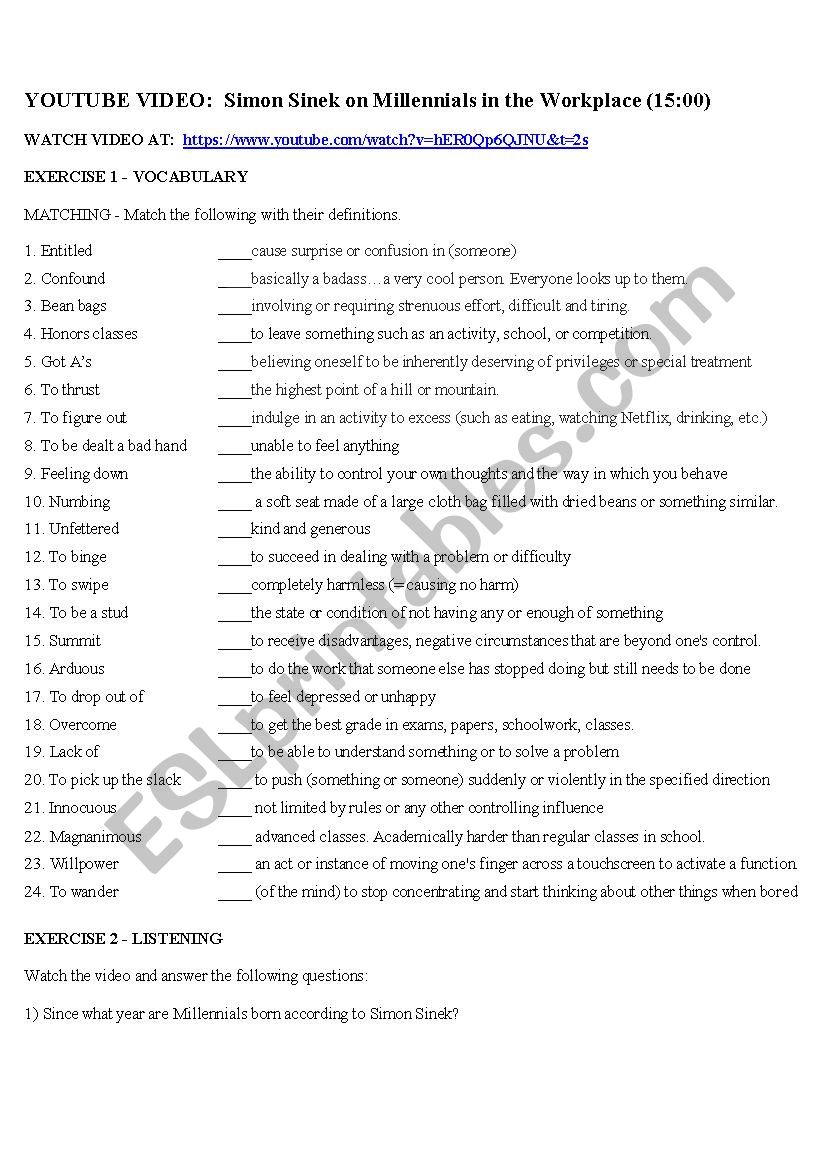
University fees were only introduced in 1998 in the 20 years since they have risen to astronomical proportions, meaning that higher education is now a luxury that few of us can afford. It seems almost utopian to believe that, once upon a time, higher education was seen as a right as opposed to a privilege. It’s ironic in a sense – we’re deemed ‘entitled’ yet, in the United Kingdom at least, we’re entitled to far less than our parents ever were. Its tagline labelled the new generation as narcissistic and entitled – both of which are recurring characteristics attributed to millennials. It was back in 2013 that TIME magazine launched the cover of an issue labelled Millennials: The Me Me Me Generation. It may seem a dull flame of hope but, for many of us, this element of self-recognition can literally save lives. Instead, we can seek out queer activists, trans people and fat-positive commentators to inspire us. Minorities in particular can use social media to find users that they can actually relate to – no longer do we have to settle for the role models automatically presented to us.

In today’s world we can essentially build careers online, meet like-minded strangers and consume empowering messages that we may not get from mainstream media. He does, however, seem to ignore the various benefits of social media when discussing how young people reach out to multiple people at once.

It’s crucial to acknowledge that Sinek isn’t a staunch critic of today’s generation – he does acknowledge on various occasions that we’ve been dealt a bad hand. “Not all of us are born with parents that tell us we are ‘special’, nor do we all have the good fortune of being born into a family that can afford the smartphones to which we will later become addicted” Sinek’s tone, however, is revelatory of the way that cultural critics – few of whom are, ironically, millennials themselves – describe our generation. It goes without saying that these arguments are wilfully blind to the intersectional trappings of race, class, gender and sexuality after all, not all of us are born with parents that tell us we are ‘special’, nor do we all have the good fortune of being born into a family that can afford the smartphones to which we will later become addicted.

Some perhaps become unable to form meaningful relationships or find it difficutl to find joy in small achievements our belief that ‘anything is possible’ comes crashing down, a crash to which Sinek attributes the rising rate of suicides and accidental overdoses currently hitting society hard. When these false promises are compounded by our culture of instant gratification as well as the omnipresence of social media, they result in a generation of young professionals constantly dissatisfied by their progress at work. His argument is simple: as millennials we are subject to ‘failed parenting strategies’ – we receive ‘participation medals’ from parents who tell us the sky is the limit, techniques which build a false sense of entitlement which ultimately comes crashing down as we reach adulthood and realise that life is, you know, hard. His speech, described as a video explaining why millennials are so difficult to work with, quickly went viral following its release in December, garnering over 26million views. The latest critique of today’s generation comes courtesy of author and motivational speaker Simon Sinek. Plenty is written about us and provocative, conservative columnists like Piers Morgan and Katie Hopkins depict an oversensitive, lost generation easily triggered by casual xenophobia, while others may dismiss us as perpetually-distracted narcissists too busy documenting our lives online to ever truly make a difference. Usually, this word is banned from the site, but for the purposes of this article we’ll use it. Few terms have become more ubiquitous over the last few years than ‘millennial’, the (strangely annoying) catchall term used to describe a fairly sprawling generation, maybe aged between 18 and 34.


 0 kommentar(er)
0 kommentar(er)
